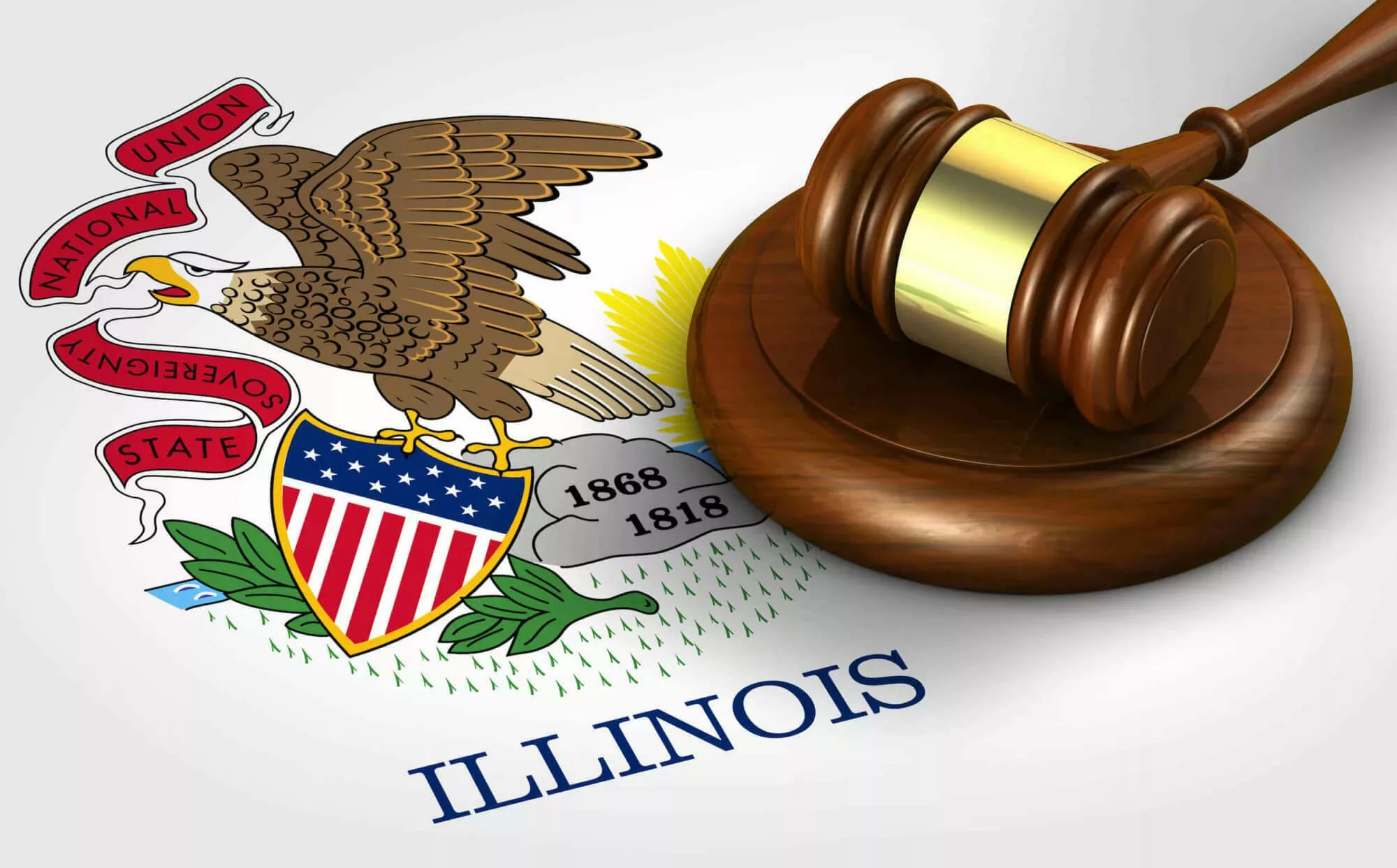
10 Things to Know About Illinois Workers’ Compensation
If you’ve been hurt on the job, understanding the Illinois workers' compensation process can help you start the process of filing a claim. Knowing your rights can also empower you to receive fair compensation, medical benefits, rehabilitation services and more.
- Illinois is a no-fault system. This means that you do not have to prove your employer caused your injury or was negligent in some way to recover benefits. You just have to prove that your injury arose out of and in the course of your employment. This also means that if you were negligent and caused your injury, you likely are still entitled to benefits.
- Filing a claim with the insurance company is not the same as filing a case with the Illinois Workers’ Compensation Commission (IWCC). Some people believe that if they filed the claim with the insurance company, that is all they need to do. That is incorrect. You need to also file the claim with the Commission.
- You have 3 years to file your case with the Commission. You must file the claim with the Illinois Workers’ Compensation Commission within 3 years of the injury. if you don’t file it with the IWCC in time, you may be precluded from recovery benefits. In some cases, the deadline may be longer.
- You must notify your employer within 45 days of the injury. When you suffer a specific traumatic injury at work, you know exactly when it happens. You must notify your supervisor or boss within 45 days of the date of the injury. When you have a repetitive trauma injury that happens over time, the date of accident is not as clear, and therefore, the date you first seek medical treatment is the usually the best accident date. While many factors can change that, you must still notify your employer within 45 days of when you knew or reasonably should have known that your condition was caused by repetitive job duties. Remember to give notice either in writing or verbally.
- You don’t get a jury trial. 95% of all workers’ compensation cases in Illinois settle or are disposed of without a trial, which means only about 5% of cases go to trial. If your case is tried, it will be heard by an arbitrator. The governor appointments arbitrators to hear workers’ compensation cases in Illinois, who sit as the judge. He or she will:
- Hear testimony from you and other witnesses
- Listen to arguments made by your attorneys
- Review the evidence submitted including medical records, expert reports and testimony, and any other relevant documents or videos
- Write a decision where they will make specific findings of fact and conclusions of law regarding all disputed issues in your case. There is no jury of your peers making the decisions in these types of cases
- Workers’ compensation benefits are tax-free. You will not receive a W2, 1099 or other tax form from your employer or insurance company—and you do not report the benefits on your taxes. You should consult with a tax professional for more information.
- To get paid for being off work, you must have a doctor’s note. If you want to get paid for being off work, you must have a note from your doctor saying you cannot work. If you call off work due to pain and do not have a note from the doctor, you cannot get paid TTD benefits.
- The Workers’ Compensation Act covers most employees. There are very few jobs that are not covered under the Illinois Workers’ Compensation Act. Even some jobs that do not fit the statutory definition of a covered employer may still be subject to the Act under other loopholes. It is necessary to contact an attorney who knows the law.
- Travel expenses are not reimbursable except in limited circumstances in Illinois. Generally, employers only have to pay for travel expenses to medical appointments if the appointment is a Section 12 independent medical examination or if the specialty treatment you require is not available within the local area.
- There are no upfront costs to file your case or retain an attorney. Filing the case with the Illinois Workers’ Compensation Commission is free. Attorneys’ fees are based on your recovery, so there are no upfront costs to hiring an attorney. Instead, an attorney gets paid 20% of what you recover.
We Don’t Get Paid Unless You Do!
If you are injured at work and need tough, experienced and compassionate legal representation, trust the leading work comp law firm, Rockford Black & Jones Attorneys at Law. Your free, no-obligation consultation is just a click away. Call us today at 815-967-9000 or fill out this form to get started.